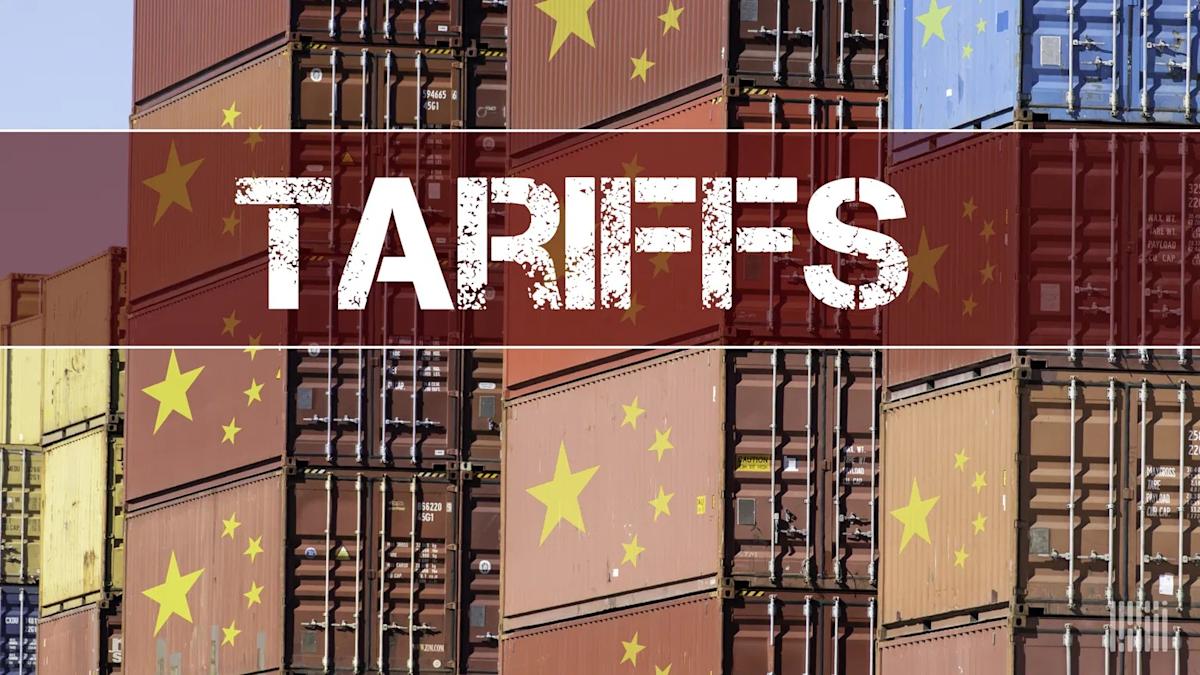New customs rules add uncertainty for U.S. sellers and test Mexico’s role as a nearshoring and fulfillment hub.
Mexico’s mid-August move to raise duties on Chinese imports to 33.5% — paired with tighter data-reporting requirements — is creating fresh uncertainty for U.S. e-commerce sellers fulfilling orders into the country.
“In August, President Claudia Sheinbaum made changes under the Plan Nacional de Desarrollo (National Development Plan),” Carlos Barbosa, vice president of e-commerce solutions at ePost Global told FreightWaves. “Everything coming in from China, instead of the 19% tariff, went up to 33.5% — and it could be even more for some products. At the same time, we started getting requests from our customs broker in Mexico that now we have to provide the seller’s U.S. tax ID or EIN, along with the consignee’s [Mexican tax ID]. So now both sides of the transaction must be declared.”
Cypress, California-based ePost Global is a technology enabled global shipping solutions provider. The company has facilities in Chicago, New Jersey, Miami and Los Angeles.
Under Mexico’s new policy, U.S. sellers must also certify that goods were cleared and fulfilled from the United States. Barbosa said those requirements began showing up in customs documentation over the past six weeks.
The application of the new tariff often depends on the shipping channel and port of entry, Barbosa said.
“Sometimes it’s the interpretation by the customs agent or depending on where you’re clearing customs. One entry point can behave very differently than another,” he said.
“If the goods you’re selling into Mexico are of country of origin China, they’re getting hit immediately with a 33.5% duty — no question. But we’ve noticed different behaviors depending on how you’re shipping into Mexico. Some courier networks treat U.S.-fulfilled parcels under USMCA and exempt under $50, while others charge the full tariff. There’s ambiguity in how some networks apply it, so for us we’re moving through commercial channels and trying to avoid those courier channels.”
Commercial-broker networks have generally continued processing low-value U.S.-fulfilled parcels under the United States-Mexico-Canada Agreement (USMCA) de minimis threshold — under $50, duty- and tax-free — while some courier networks are collecting the full 33.5% up front when the country of origin is China, even if the shipment was fulfilled from U.S. inventory. Interpretation by customs agents and local port practices can lead to very different outcomes, Barbosa said.
